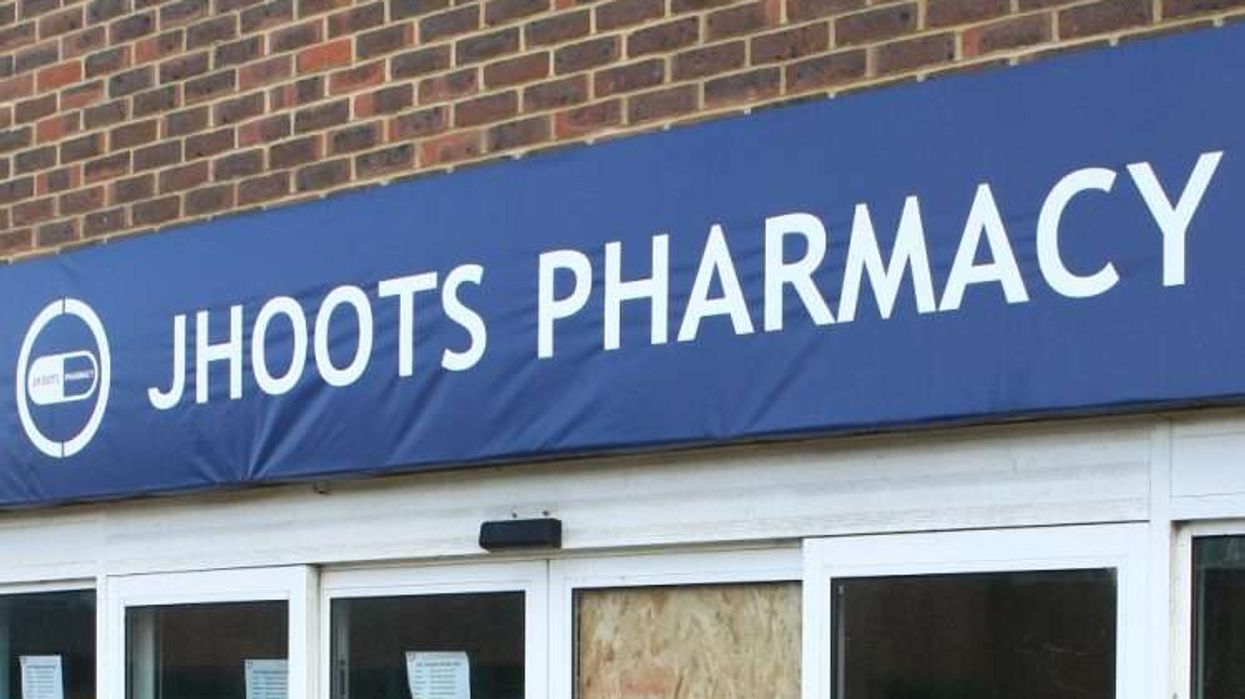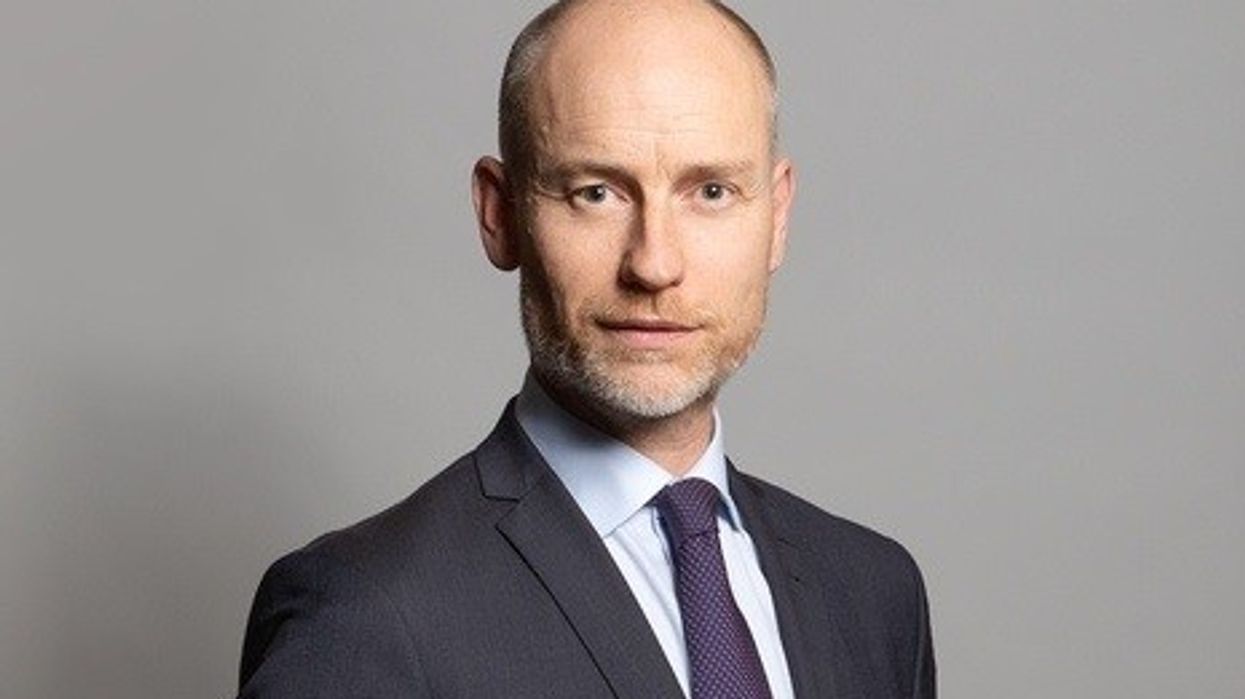Due to the COVID-19 pandemic, the government has issued a revised standard operating procedure (SOP) for community pharmacies.
The Pharmaceutical Services Negotiating Committee (PSNC) has also revealed further details of new services from the community pharmacy sector to fight the pandemic.
Opening hours flexibility
The updated SOP gives pharmacies some flexibility with the opening and closing times.
According to PSNC, if under significant pressure, pharmacies may now close their doors to the public for up to 2.5 hours a day, including during lunch. This can be done at the discretion of the responsible pharmacist.
Instead of the usual opening hours, community pharmacies can now choose to open between 10am-12 noon and 2pm-4pm as a minimum (if these are contracted core or supplementary hours). These same hours will apply to 100 hours pharmacies.
This has been allowed to ensure that pharmacies can stay open to the public but crucially make sure that pharmacy staff can work safely and are not fatigued by the current high workload and pressures associated with the COVID-19 outbreak.
The pharmacy organisations - PSNC, CCA, NPA and AIM - have all welcomed the revised SOP and the flexibility that this gives to contractors. They are working together on detailed guidance for pharmacy contractors to help them to implement this new SOP.
Medicines delivery service
The government will be helping pharmacies to deliver prescriptions, in the next few days, to around 1.5 million vulnerable patients with serious underlying conditions, who will be instructed to stay at home for a period of 12 weeks so that they are "shielded" from the virus.
The pharmacy negotiator says it is currently concluding discussions with the government about a new national community pharmacy medicines delivery service to support this group of shielded patients.
The new service will be commissioned nationally by the NHS, with associated changes to the "terms of service" for all pharmacies.
The shielded patients will be asked, in the first instance, to have their medicines collected and delivered to them by friends, family or a volunteer, rather than being directed straight to the pharmacy-provided delivery service.
Both patients and contractors will be able to request support from volunteers, who are part of a national volunteer network mobilised in response to the COVID-19 pandemic. Contractors will also be able to request support from these volunteers to undertake deliveries of prescriptions to any patient, not just those that are being shielded.
"We will issue full guidance to contractors as soon as we are able to and we anticipate the service will commence in the next few days," PSNC said in a statement late on Sunday.
NHS 111 online CPCS referrals
The NHS 111 Online service has started making Community Pharmacist Consultation Service (CPCS) referrals to community pharmacies where people need urgent access to their usual prescribed medicines.
PSNC advises pharmacy contractors and their teams should conduct the CPCS consultation in the normal way, adhering to the process which the pharmacist needs to follow with the patient.
The pharmacy is eligible to claim the fee for CPCS cases where consultation is provided by telephone to patients, if there is no clinical need for the patient to be seen in the pharmacy.











